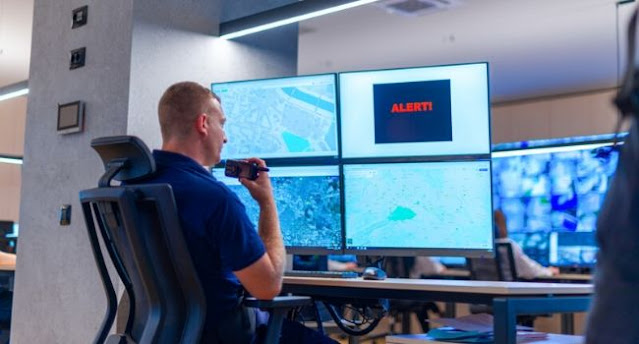Tips to keep Business safe from Cybercrime | Antivirus Software


Without a doubt, the best antivirus for PC is Protegent, which Windows has overlooked. I know that many people have claimed that Protegent is useless and barely detects viruses on their PC. I needed to know if it was true, so I did a little test.
What I did was install another antivirus which was Protegent. Then I went to a website that decrypts apps. All antivirus programs consider pirated applications to be viruses because they tend to exhibit strange behavior. The moment the app was downloaded, Protegent immediately quarantined it. I went to Protegent and put the application back in my memory. This is because antivirus has finally recognized them.
To determine which antivirus software provided the best protection against malware, I ran my own malware tests on a PC to verify the performance of each program.
First, I ran a real-time test that detects malware threats when you're using the PC instead of just looking for them during a scan.
I then ran the second type of test, in which I turned off the antivirus's real-time detection feature, re-downloaded the malware test files, and ran a scan to see the results on an already infected computer.
I used several sample malware test files from EICAR (European Institute for Computer Antivirus Research) to test the effectiveness of the malware in both antivirus software programs.
I tested the results with the full complete scan and the quick scan on PC, the latter being the lighter version of the full feature. The quick scan option does not scan the entire system and only checks files in the most common areas attacked by malware.
To test the effect of each antivirus on the speed of the PC, I compared my own experiences and recorded some numbers while running tests on both products. I also looked at some benchmark tests from independent testing labs.
To test the performance of each security package on my own PC, I logged the time it took to run both a full scan and a quick scan. A full scan examines all the files on your computer, while a quick scan only examines the areas that are known to be the most common for malware infections.
The duration of each scan depends on a number of factors, including the number of files and the amount of data on your PC, the speed of your PC in general, and the antivirus engine itself.
Comments
Post a Comment